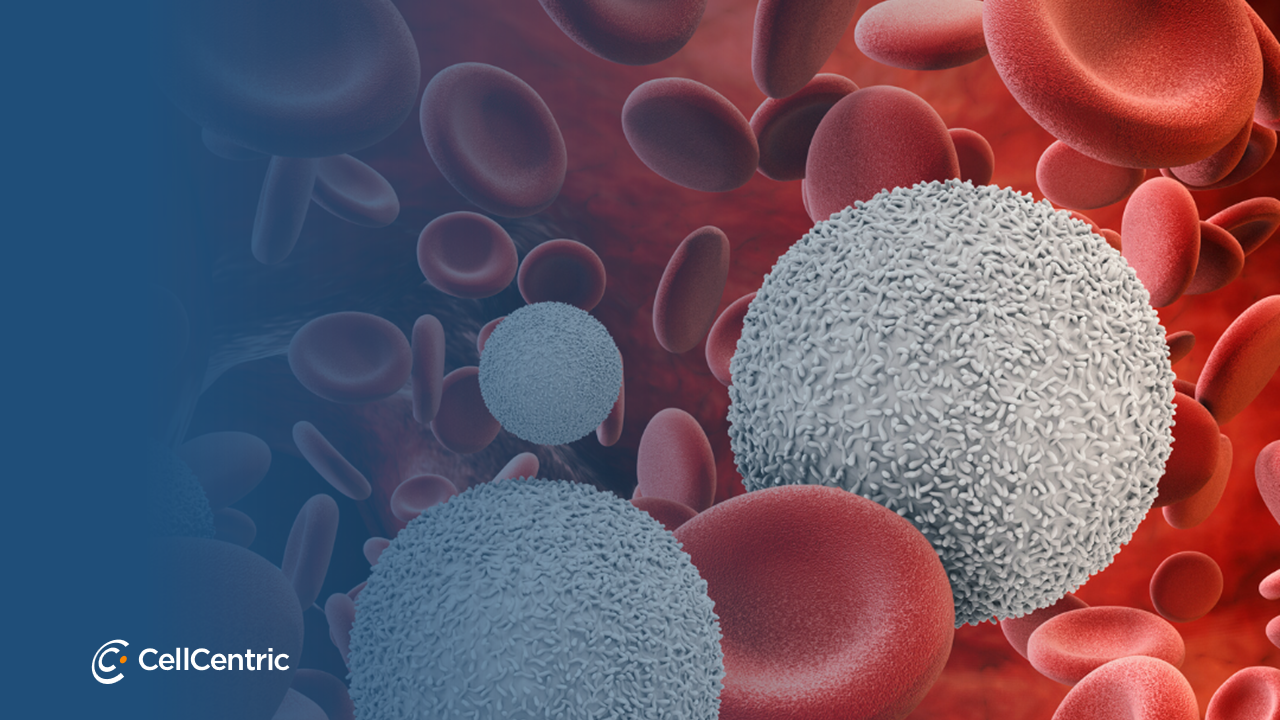CellCentric, the biotechnology company focused on epigenetics, has been awarded £433,000 of BBSRC ‘Stand-alone’ LINK funding to further its research on epigenetic control mechanisms. This is an industry-academia collaboration with Wolf Reik, inaugural Professor of Epigenetics at the University of Cambridge, and Associate Director of the Babraham Institute, Cambridge UK.
The funds will support research into enzymes involved in epigenetic change, and the identification of small molecules that can modulate their activity. The second award, a co-funded CASE studentship, will be used to further develop several novel in vitro screens for identification of epigenetic reprogramming activity and to translate these into cellular and in vivo models. This work will also be supervised by Professor Reik.
Epigenetic mechanisms are key to normal development – they represent a differential gene expression control system that is heritable and separate from the gene sequence itself. Certain pathways can be stimulated to drive epigenetic events that change an adult fully differentiated cell into a pluripotent, stem cell-like state. Conversely, when epigenetic processes go awry, disease can result. As an example, a number of epigenetic enzymes are mis-regulated in a range of cancers.
Unravelling epigenetic processes will not only enhance the general understanding of developmental biology, but also has direct applicability to the next generation of novel therapeutics for a range of diseases. This is a rapidly expanding field of interest to academia, the biotechnology industry and pharmaceutical companies. CellCentric specifically, has drug discovery and development programmes involving multiple novel histone-associated methyltransferases, demethylases and ubiquitin-related enzymes.
Commenting on the awards, Dr Nessa Carey, Scientific Director of CellCentric said ‘We are very pleased to expand our collaboration with Wolf Reik through these two awards. The Babraham Institute has established itself as a centre of excellence for understanding the interplay between developmental biology, epigenetics and disease processes.’
Prof Wolf Reik added ‘Working with CellCentric has brought real benefit in seeing our research accelerated towards therapeutic utility. We look forward to the expanded relationship that should help pioneer new ways to treat intractable diseases.’
Notes:
CellCentric is a biotechnology company focused on epigenetics. Formed in 2004, CellCentric’s competitive position stems from its ability to access early knowledge and assets from multiple leading research laboratories. The company has agreements with over 30 groups including at the Babraham Institute, University of Cambridge, University College London, CRG Barcelona, The Wistar Institute, MD Anderson Cancer Center, Thomas Jefferson, University of Southern California and Massachusetts General Hospital.
CellCentric currently has 7 novel target discovery programmes ongoing, focused on cancer, as well as multiple projects related to reprogramming and epigenetic tools. For further details on the company, see: www.cellcentric.com.
The Biotechnology and Biological Sciences Research Council (BBSRC) is the UK funding agency for research in the life sciences. Sponsored by Government, BBSRC annually invests around £450M in a wide range of research that makes a significant contribution to the quality of life in the UK and beyond and supports a number of important industrial stakeholders, including the agriculture, food, chemical, healthcare and pharmaceutical sectors. For further details, see: www.bbsrc.ac.uk.
For further details on this release, please contact:
Will West, CEO
CellCentric
Tel: + 44 (0) 1799 531 130
[email protected]


